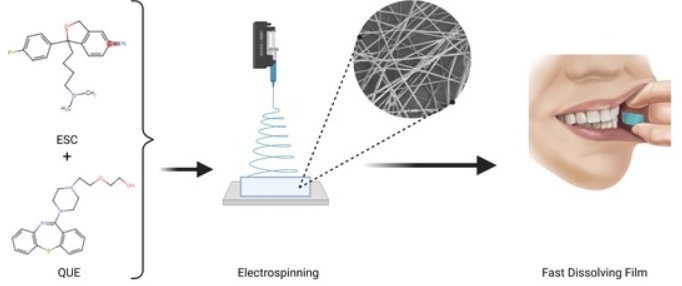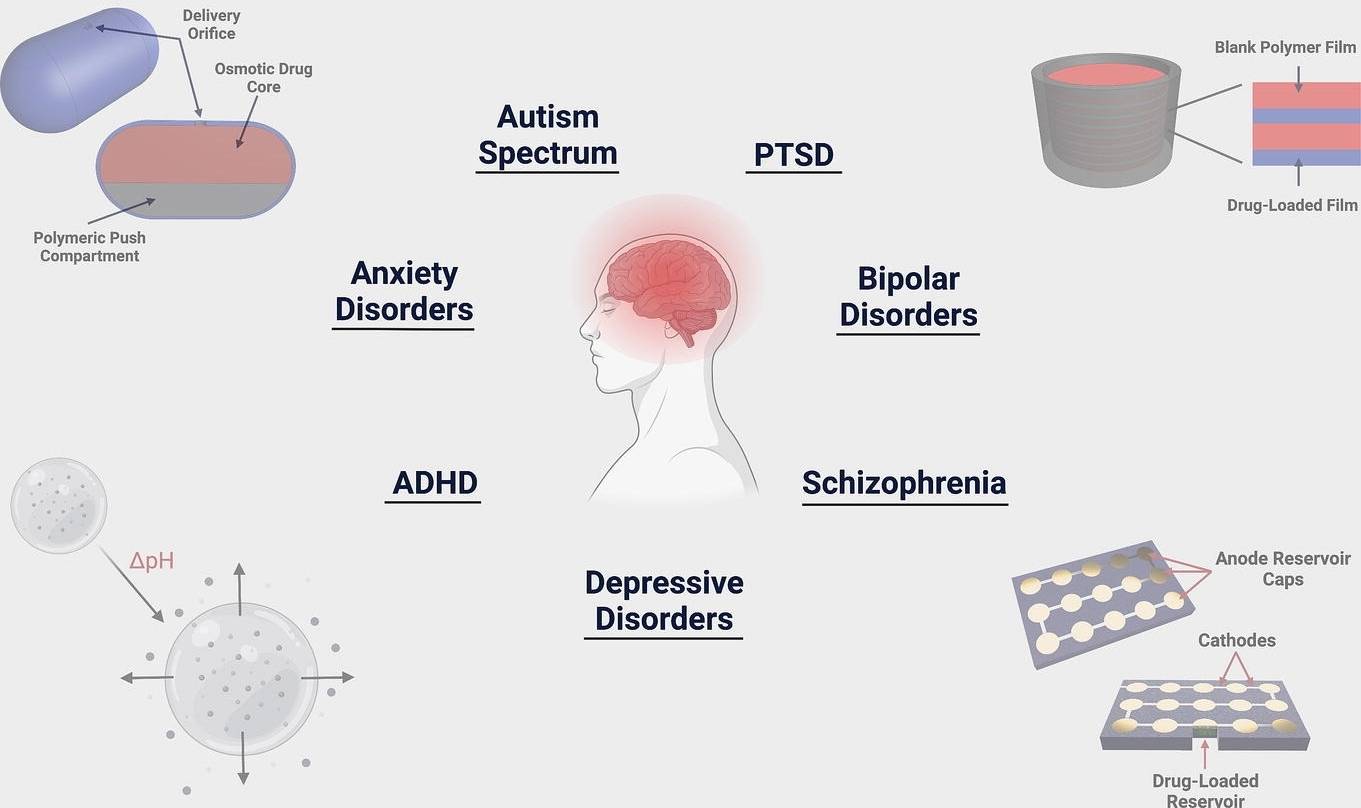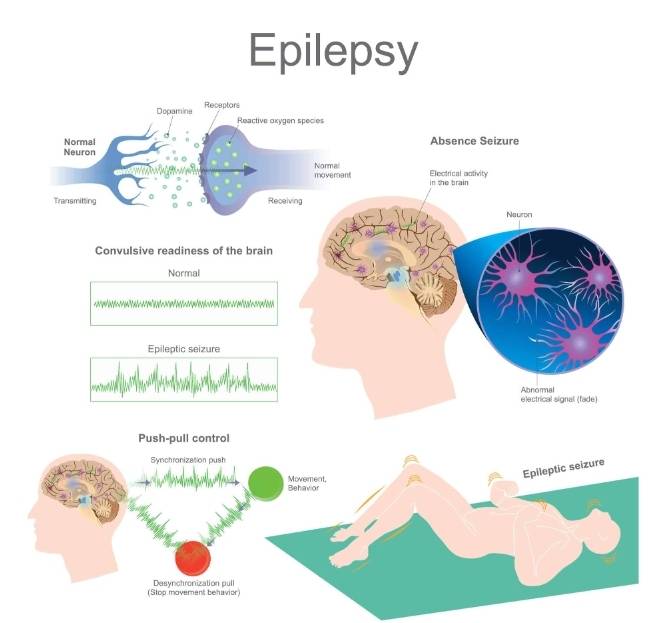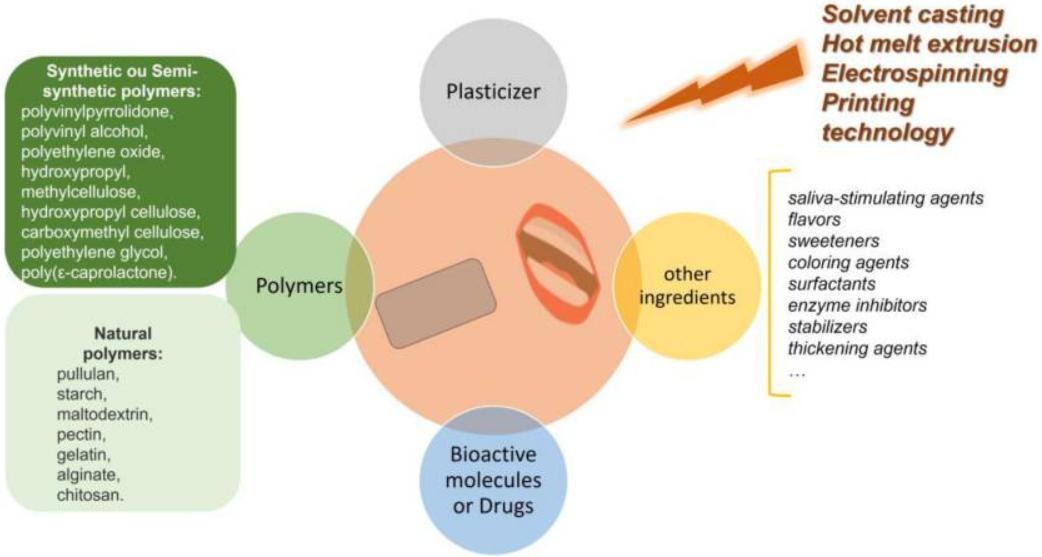Oral Thin Film for Mood or Mental Disorder Therapy Research
Inquiry
Mood or Mental Disorders are under the influence of various factors, brain dysfunction, resulting in cognitive, emotional, will and behavior and other mental activities appearing in different degrees of disorders of the disease, including consciousness disorders, sensory and perceptual disorders, emotional disorders, memory disorders, etc. Oral thin films provide a people approach to medication delivery, as they mask the taste, ensure precise dosage control, and rapid onset of action, addressing some of the common barriers to treatment adherence and ensuring that individuals with mood or mental disorders receive the therapeutic benefits they need more effectively and comfortably.
CD Formulation is dedicated to advancing the research and development of oral thin film formulations for mood and mental disorders, focusing exclusively on R&D services for pharmaceutical companies and research institutions. Our expertise lies in exploring innovative dosage forms and bioactive molecules, driving the potential application of oral thin films in the prevention and treatment of mood and mental health conditions.
Characteristics of Oral Thin Film in Mood or Mental Disorders
- Oral thin film can disintegrate and release rapidly in the mouth, which is very suitable for the treatment of mood or mental disorders.
- Oral thin film can be formulated to offer precise dosing, enabling tailored drug delivery based on individual needs.
- Oral thin film can be formulated to release drugs in a controlled manner. This drug delivery system can be especially beneficial for people with mood or psychiatric disorders that require long-term medication management.
Application of Oral Thin Film in Mood or Mental Disorders
Oral thin film, an innovative delivery system, is an attractive solution in terms of consumer acceptance, comfort, and ease of swallowing, especially in the pediatric population suffering from hyperkinetic movement. The application of oral films in the field of mental health and neurosciences is evolving in terms of scientific research, arousing the interest of the pharmaceutical industry. At present, many research cases are using oral thin film to deliver API for mood or mental disorders, such as schizophrenia, bipolar mania, autistic disorder, tourette disorder, epilepsy, major depressive disorder, psychotic disorders of selective mutism, obsessive-compulsive disorder, etc.
| Applications |
Detailed Information |
| Case 1: The treatment of major depressive disorder
|
An atypical antipsychotic, quetiapine and escitalopram were formulated oral thin film as an alternative dosage form to the marketed tablets of both drugs for the management of MDD, to achieve high people acceptability, compliance, and drug regimen adherence.

Fig.1 Fabrication and Characterization of Fast-Dissolving Films for the Treatment of Major Depressive Disorder. (Manal E. Alkahtani, et al., 2021) |
| Case 2: The treatment of autism disorder |
Autism is a set of clinical phenotypes thought to induce the onset of neurodevelopmental issues that can affect social communication, imagination, and behavior that urgently need to be addressed through the development of new drug delivery pathways.

Fig.2 Drug delivery in psychiatry. (Parker R. Brewster, et al., 2023) |
| Case 3: The treatment of epilepsy |
An oral thin film containing topiramate is an antiepileptic drug, as a potential alternative to oral tablets/powders for paediatrics.
 |
Explore the Composition and Manufacturing of Oral Thin Film
Oral thin film development needs to meet requirements in terms of aesthetics and performance, such as flavour, fast-dissolving properties, capacity to include and contain bioactive compounds, and physical appearance, among others.
Oral thin film is composed of a polymeric matrix, usually made of hydrophilic polymers. The composition can differ depending on the type of properties to be highlighted, for example, the mucoadhesion properties needed to ensure controlled release. Polymer selection is a challenge because of the condition of the oral thin film's properties (biological, chemical, and mechanical) and the methodology to be used in its production. Thus, the use of the correct polymer is often advantageous in terms of improving the performance of the delivery system.
 Fig.3 The general composition of oral films in mental disorders. (Patrícia Batista, et al., 2023)
Fig.3 The general composition of oral films in mental disorders. (Patrícia Batista, et al., 2023)
Custom Oral Thin Film Development Services
CD Formulation offers oral thin film formulation research services according to the specific needs and requirements of our clients. Our team of experts specializes in designing and developing innovative oral thin film formulations research services that can develop different types of oral thin film for mood or mental disorders.
Quick-Release Oral Thin Film Development
We provide professional and reliable formulations of quick-release oral thin film research services. It can take effect quickly and is very suitable for acute episodes of mental diseases.
Several APIs Oral Thin Film Development
To meet the treatment of psychiatric people, it is usually necessary to make more than 2 kinds of API into oral soluble films to improve the therapeutic effect. We provide comprehensive formulation research services for several APIs oral thin film development based on our advanced technology platform and development expertise.
Oral Thin Film 3D Printing
The use of 3D printing technology allows for the precise control of the drug dosage and release profile, enabling the development of tailored oral thin film formulations for individuals with specific needs related to mood or mental disorders. We have a variety of 3D printing technology platforms, and we can choose printing methods according to customer requirements.
Multi-Layer Oral Thin Film Development
With multi-layer oral thin films, it is feasible to create a formulation with different drug layers, each delivering the medication at a specific rate. We have advanced and complete multi-layer oral thin film analysis equipment and production equipment. We can choose the most suitable analysis methods and production methods according to the properties of customers' raw materials.
Our team of professionals specializes in designing tailored oral thin film formulations to meet the unique requirements of mood and mental disorder research. For inquiries about our R&D services, please contact us via phone or email. Our team will respond within three business days.
References
- Patrícia Batista, Manuela Pintado, et al. Overview about Oral Films in Mental Disorders. pharmaceutics. 2023.
- Manal E. Alkahtani, Manal E. Alkahtani, et al. Fabrication and Characterization of Fast-Dissolving Films Containing Escitalopram/Quetiapine for the Treatment of Major Depressive Disorder. pharmaceutics. 2021, 13(6):891.
- Parker R. Brewster, Saif Mohammad Ishraq Bari, et al. Current and future directions of drug delivery for the treatment of mental illnesses. Advanced Drug Delivery Reviews. 2023, Vol (197).
How It Works
STEP 2
We'll email you to provide your quote and confirm order details if applicable.
STEP 3
Execute the project with real-time communication, and deliver the final report promptly.
Related Services





 Fig.3 The general composition of oral films in mental disorders. (Patrícia Batista, et al., 2023)
Fig.3 The general composition of oral films in mental disorders. (Patrícia Batista, et al., 2023)
